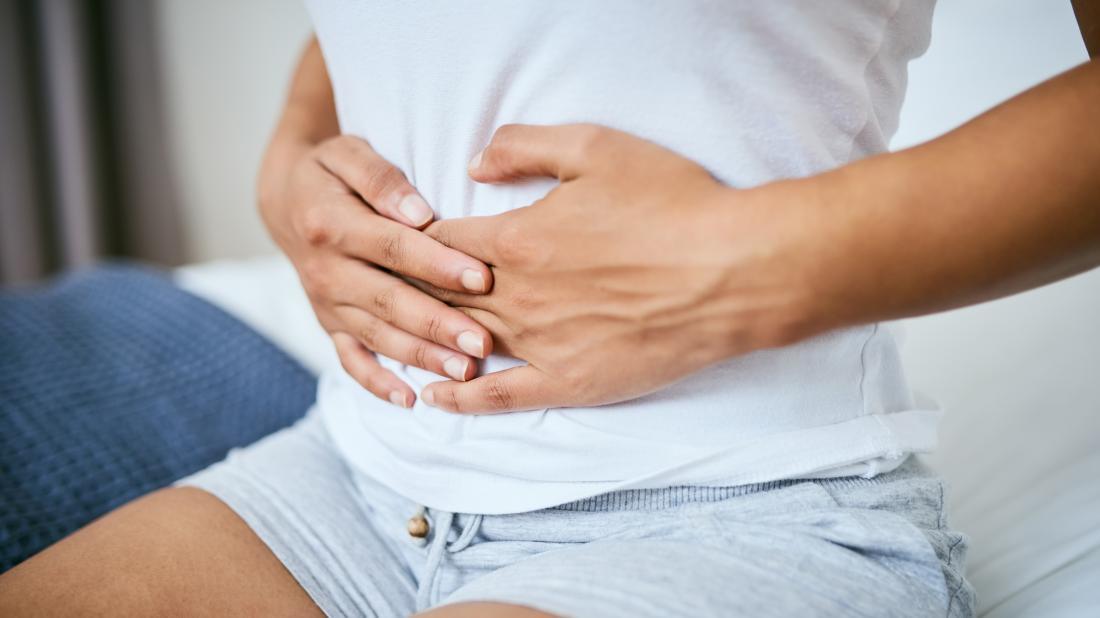Could Constipation Be Causing Your Back Pain? What to Know

For those unfamiliar with constipation, constipation is associated with infrequent bowel movements (three or less per week). Anyone who has suffered from constipation can understand the discomfort it can cause in your everyday life. But, could constipation also be the cause of your back pain?
One of the most overlooked symptoms that come with constipation is lower back pain, especially considering that most people would rarely find a correlation between lower back pain and constipation.
Symptoms of Constipation
Even though everyone has a different bowel routine, symptoms of constipation can be very intrusive to your daily life. And although symptoms of constipation can vary amongst individuals, here are common symptoms below :
- Infrequent bowel movements
- Hard and/or dry stool
- Straining or difficulty during bowel movement
- Excessive time spent to pass stool
- Abdominal cramps
- Decreased appetite
- Pain when passing stool
These common symptoms of constipation may also be a precursor to indirect symptoms, such as back pain.
Can Constipation Cause Back Pain?
The difficulty in passing bowels when constipated can be a primary trigger to causing back pain. If your digestive tract cannot maintain a smooth excretion process, you may get a stool buildup that can cause pressure on the colon or rectum, or inflammation in the intestines, which can produce referred pain in the lower back.
The lower back is vulnerable to pain from constipation simply due to your anatomy and the relative proximity of the spine to major organs that help with excretion (i.e. colon and intestines).
Unlike back pain from a sports injury that is often sharp and throbbing, back pain from constipation usually is classified as a more dull ache, since there are technically no external factors affecting your back, only internal strain. In extreme cases, this type of back pain can cause nausea.
Nevertheless, It is important to note that not all back pain is caused by constipation, even if they are occurring simultaneously. Correlation does not mean causation.
How Constipation Might Cause Back Pain
If you are experiencing constipation alongside back pain, and the pain is predominantly localized to your lower back, the backed-up stool in your system very well may be causing your pain.
Backed-up stool can often generate swelling in the large intestine as a result of retained fecal matter that has not had the opportunity to pass through the colon or rectum. When the intestine has a blockage, the digestive process can be severely impacted, leading to more painful symptoms of constipation, like low back pain.
1. Fecal Impaction
Fecal impaction is when dry stool remains stuck in the colon or rectum. Normal stool is generally soft and relatively easy to pass, but when stool hardens and becomes difficult to pass or pass less often, whether due to constipation or holding in stool on purpose, fecal impaction can occur.
For example, some people hold in stool to avoid using public restrooms. However, chronic constipation is the primary cause of fecal impaction, as the pressure buildup in the colon and rectum from the inability to pass stool can cause strain that leads to symptoms such as nausea, abdominal pain, and lower back pain.
2. General Constipation
People may develop general constipation due to a variety of lifestyle factors. General constipation differs from fecal impaction in that fecal impaction is a longer-term ailment derived from chronic constipation, while general constipation is moreso an acute situation that can materialize due to something as simple as not drinking enough fluids.
For that reason, general constipation can be considered less severe, yet it can still produce back pain due to the stress that your system faces when constipated. Any time your digestive system is under duress due to constipation, the amount of pressure in the areas that surround your belly (abdominals on the front anterior side, lumbar spine on the back posterior side) can moderately to severely generate lower back pain.
How to Treat Back Pain from Constipation
Treating back pain from constipation often starts with treating constipation before it initially occurs, and/or quickly getting ahead of the symptoms with home remedies.
- Drink more water. Water helps flush toxins and makes stool easier to pass.
- Eat a diet higher in fiber with whole plant foods (i.e. almonds, carrots). Fiber can help speed digestion and keep stools soft.
- Use an all-natural herbal laxative to initiate a bowel movement. Herbs such as Senna Leaf & Psyllium Husk can help eliminate backed-up stool
- Engage in a regular exercise routine. Frequent movement can keep healthy the muscles that aid in bowel movements
- Avoid processed foods (fried foods, candy, cookies). Processed foods have insufficient fiber and nutrients and can prompt constipation.
When to See a Doctor
If dealing with chronic constipation and none of the aforementioned treatment options have shown improvement, it may be best to consult with a doctor to confirm if there is any indication of having a disorder of the large intestine and/or rectum, such as Hirschsprung's disease or Chagas disease, or other medical conditions, such as a thyroid condition or other metabolic disorder that could induce constipation.
Furthermore, if you start experiencing other symptoms like higher blood pressure, then you should check with a doctor to see if they’re related.
Long-Term Effects of Back Pain
Back pain can be caused by a variety of triggers, whether it’s something niche like constipation or something common like tight muscles. However, failing to treat back pain–regardless of its cause–will always lead to the same effects.
If your back pain goes untreated, you could face issues like poor mobility and sleep deprivation issues. However, more serious long-term effects could result in spinal injuries that lead to permanent damage.
Whenever you start to feel back pain, we recommend taking the proper steps to treat it so you don’t have to deal with the long-term effects later on.

 Peace of Mind Promise
Peace of Mind Promise




